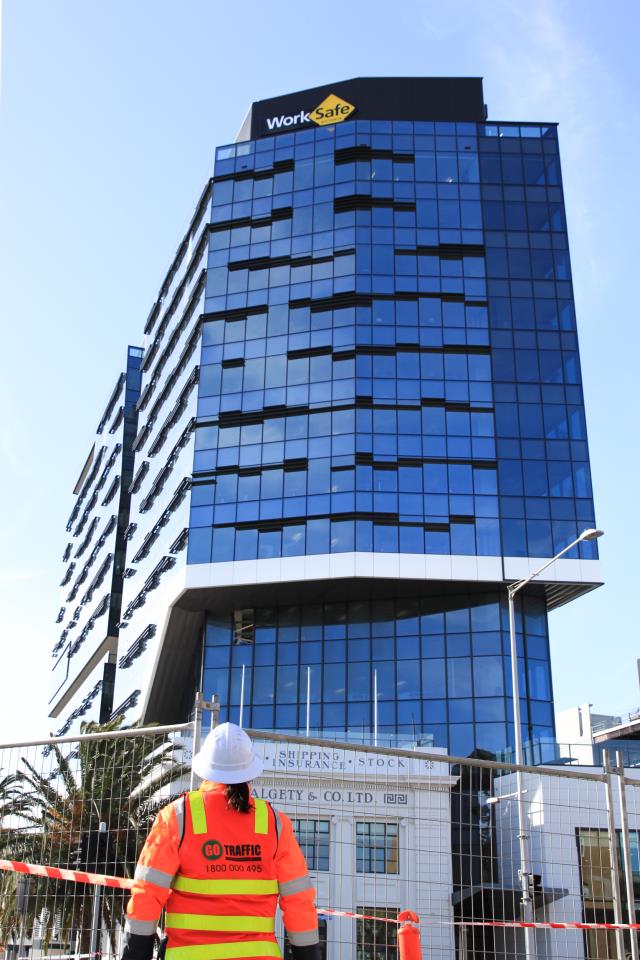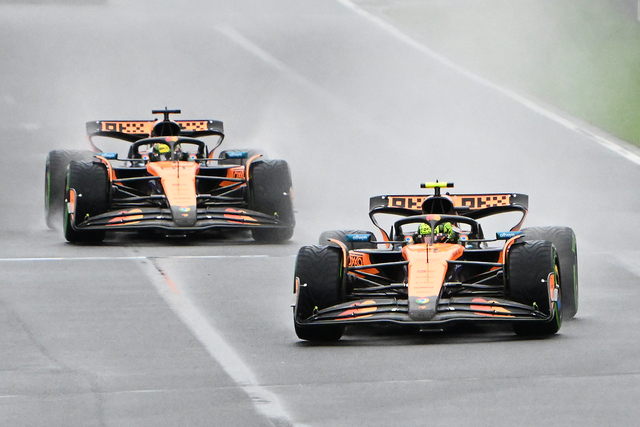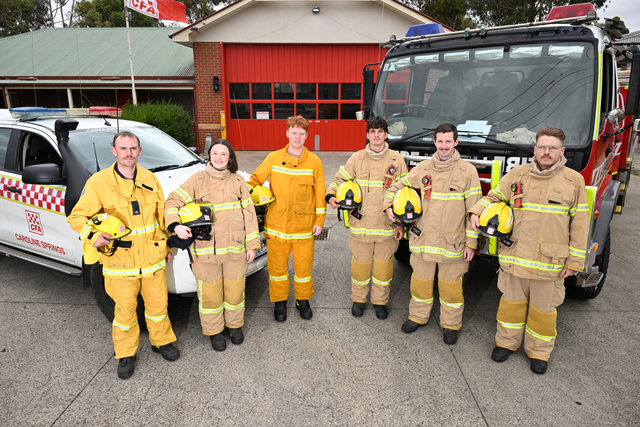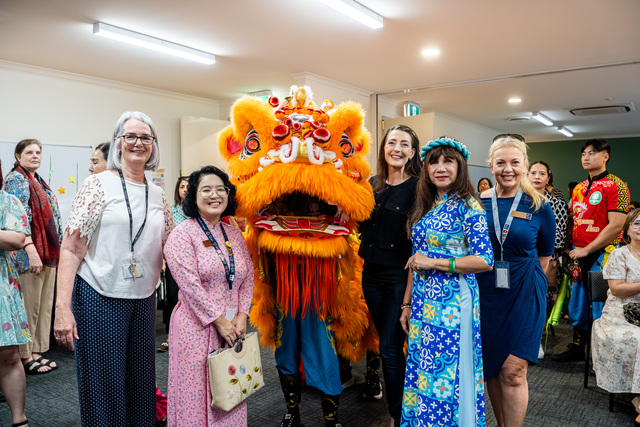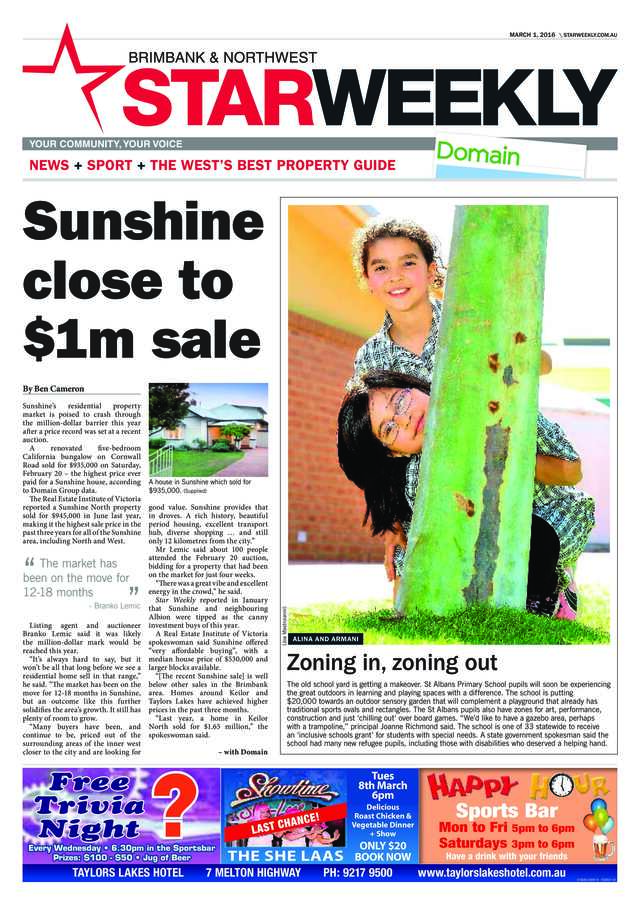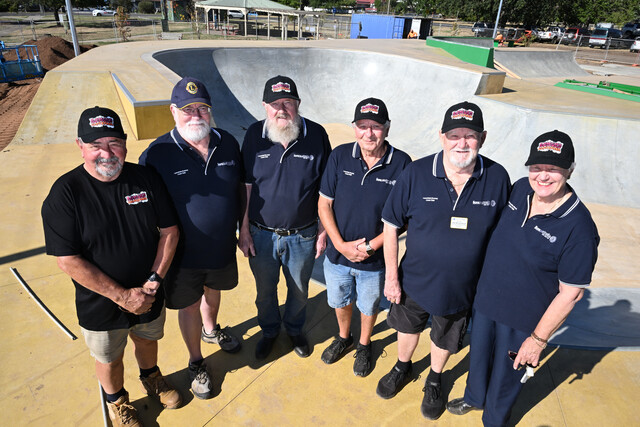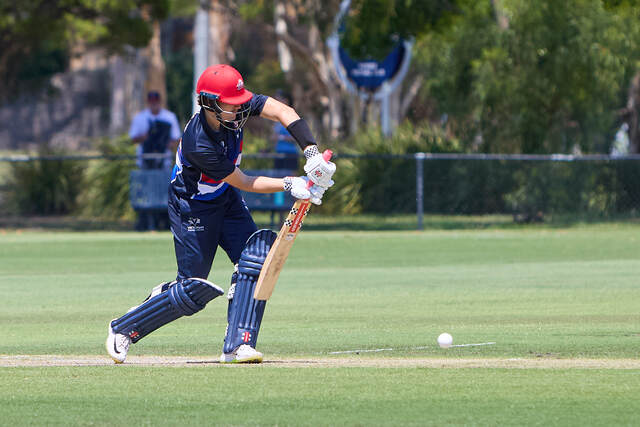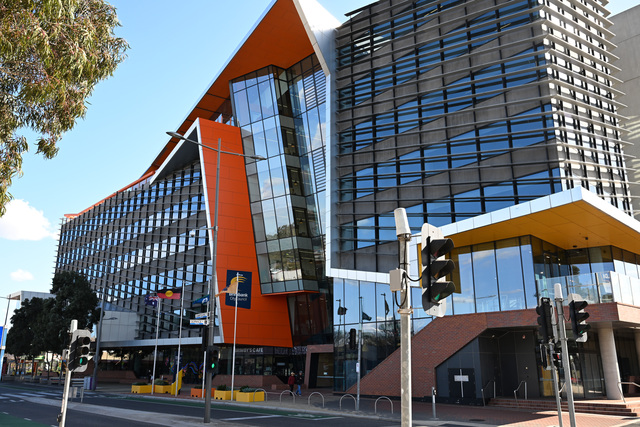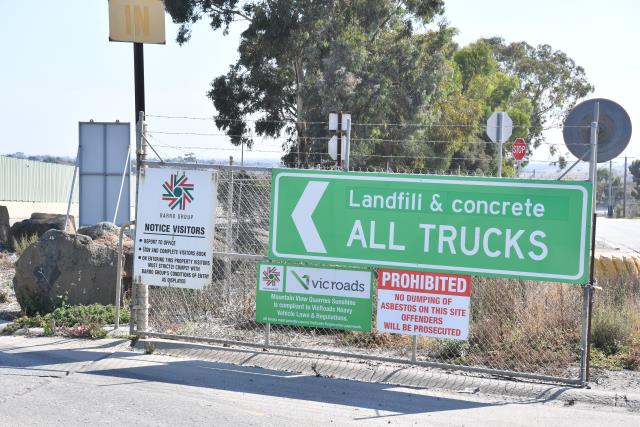The Brooklyn Industrial Precinct, which has “some of the worst air in Melbourne”, has started undergoing a major clean-up, with Brimbank council planning its transformation into a world-class eco-industrial park.
The 300-hectare site near Kororoit Creek has abattoirs, current and closed tips, heavy- recycling industries, container yards and light industrial, retail and manufacturing businesses.
“The environmental and social benefit in today’s dollars of the new water system [being used at the site] and the resulting halving of dust levels are estimated to exceed $340 million over 30 years,” Brimbank council administrative chairman John Watson said.
The pollution hotspot has been creating some of the worst air in Melbourne, according to Victoria University research fellow Roger Jones.
The precinct is responsible for 350 tonnes of invisible dust particles being thrown into the air every year – over suburbs as far away as Footscray and Yarraville.
The particles have been associated with respiratory and heart problems. The health consequences and amenity loss are estimated to cost about $750 million over 20 years.
“Although it’s an industrial site, it acts like a big construction site … heavy vehicles throw up dust clouds from worksites and track dirt onto roads, where trucks and cars throw even more dust into the air,” Professor Jones said. “We are looking at plans to transform the site.”
E2Designlab and the Office of Living Victoria are also part of the Living Brooklyn clean-up project, which will use water as the catalyst to improve the precinct. More than 1650 megalitres of water fall on the site as rainfall each year, resulting in 150 tonnes of sediment being swept into the creek and other sediment being scattered over the site as mud, which later dries to dust.
The project includes a $15 million strategy to capture and recycle stormwater, halving dust levels. The site will be revegetated and an alliance of businesses will promote pollution reduction.
Brimbank council corporate and community relations director Helen Morrissey said participants in a current Australasian industrial ecology conference in Melbourne will tour the site this week.


